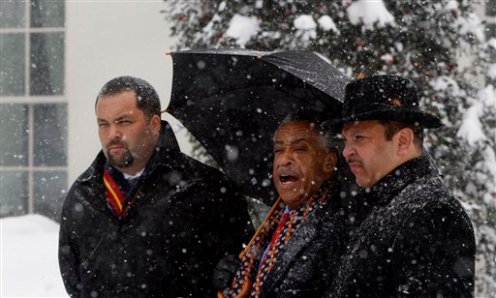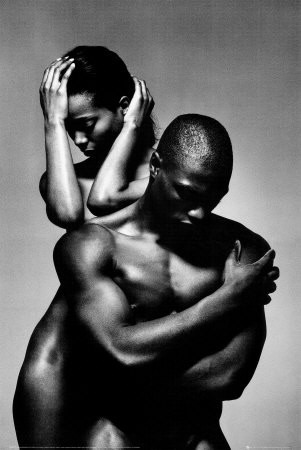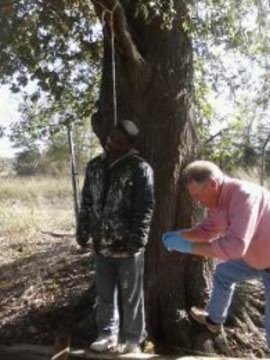Poor Black Leaderships is to Blame for the conditions in the Black Community, and those of us who continue to accept it. Our preachers, politicians, social, civic and community leaders serve us up to their masters and we remain silent as they help us commit homicide, suicide and “mentacide” through their non-existing or poor leadership. The first solution to this madness is for African Americans to redefine leadership as “Results Based”. That means we must identify our own problems and needs and demand that those who lead us, whether elected, appointed or annointed provide solutions immediately, within 30-60 Days.
If they don’t or can’t, we must never vote for them, acknowledge them or recognize them as our leaders. My mentor and role model the late William “Bill” Moss exemplified courage in action as a Black Man, and he said in his book “Enough Is Enough”. Enough of the high paid religious, political, nonprofit and social Poverty Pimps in the Black African American Community who refuse to address the needs of the Black Community, even offer solutions. They must be identified, told to change their behavior or made irrelevant.
Our babies are dying, families are homeless, unemployed and suffering while they do nothing but make excuses. The Black Community is in a Depression and we need new and old leadership ready to solve problems, provide innovative solutions, instead of the same old excuses and blame game. If you consider yourself a leader, then lead or get the hell out the way. The mark of insanity in 2011 is to keep the same people as our leaders, doing the same things, with no new ideas or solutions and expecting, hoping, praying that things will get better. You got to be crazy as hell, if that’s your mindset. Eventually, things will get better, after all history tells us that, but how bad can you stand it to get before then. What are you personally willing to sacrifice? For some who are unemployed, lost their home and health insurance, on welfare and food stamps and suffering from depression, things are already too bad.
The second solutions is for people in your town, neighborhood or community to come together at your local mosque, church, library or recreation center to discuss the skills, talents and ideas that you collectively have. The goal should be to create economic opportunities for yourselves within your community. Focus on products and services to the elderly, young, hospitals, transportation and delivery, cleaning services, music, publishing, healthy foods, technology and renewable energy areas. Plan to Collectively Compete!!!!! Pool your resources to established community cooperatives. Move at the speed of business and think creatively and innovatively. Create something by competing collectively. Where there is a Will, there’s A Way, but where there is No Will, there are Excuses and if you really don’t want to do something, any excuse will do. For those tired and want take back control of your community and future, I offer respectfully offer my two cents for your consideration.
C. Earl Campbell,






